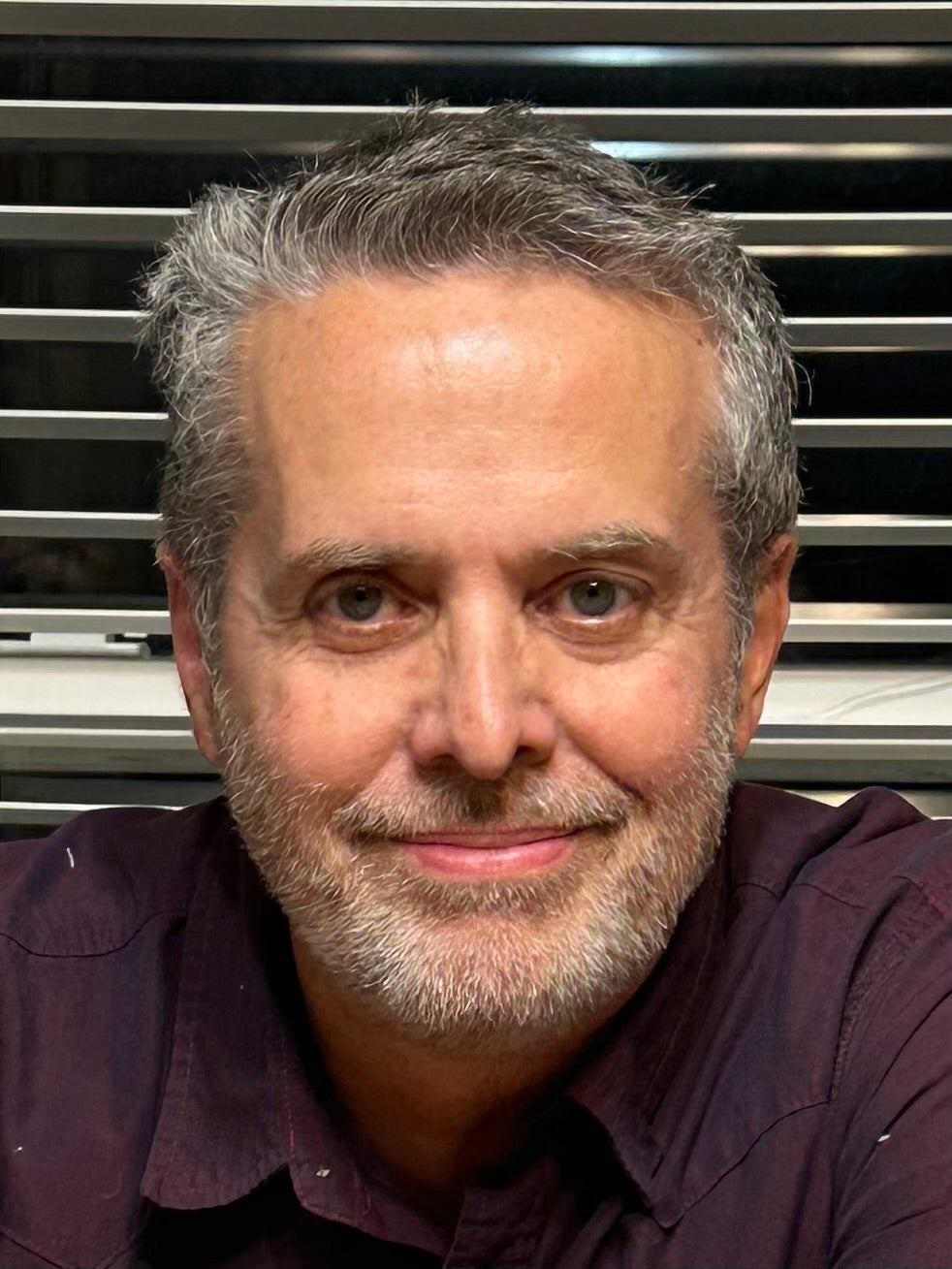
The College of Engineering has named Tim Andersen as the new associate dean for academic affairs. , following an extensive leadership career within Boise State University.
Andersen has had an extensive leadership career at Boise State and is currently the interim associate dean for academic affairs and a professor of computer science. He first joined the university and the Department of Computer Science in the fall of 2001.
“I look forward to the focus on establishing innovative academic programs that Dr. Anderson will bring to the College of Engineering. His proven success in these areas will be of great benefit to the college’s future endeavors,” College of Engineering Dean Amy S. Fleischer said. “Additionally, his focus on using a data-informed approach to student success and advising will allow us to make strides in student achievement.”
Andersen earned his Ph.D. in computer science from Brigham Young University before working in industry where he developed proprietary optical character recognition and image processing algorithms. With more than 23 years at Boise State, his leadership experience includes appointments as department chair of computer science and co-director of the computing doctoral program.
An internationally recognized scholar, Andersen has secured more than $16.5 million in funded research from major agencies including NSF and the Department of Energy. His research portfolio includes 38 peer-reviewed publications and five U.S. patents.
Andersen has played a critical role in the development and launch of numerous major academic initiatives including the computing doctoral program and the establishment of the college’s School of Computing.
Committed to advancing student success, Andersen has also been instrumental in implementing high-impact educational practices. He led a National Science Foundation Revolutionizing Engineering Departments grant, focused on creating an innovative educational ecosystem designed to nurture the next generation of computer science professionals.
These educational practices include extensive industry collaborations, including the “hatchery,” a series of courses which tightly integrate academic learning with industry-driven approaches, offering students unique real-world experiences within the classroom.